Commune level will be equipped with cars.
When administrative units change, the functions and tasks between district, commune and provincial levels also change. Therefore, according to Mr. Thinh, the Ministry of Finance is seeking opinions on adjusting standards for using appropriate working space, facilities and equipment.
Regarding cars, there will be a restructuring between the provincial and communal levels to ensure the implementation of the tasks of these levels in the new context, in the direction that the communal level will be equipped with cars to serve the work, Mr. Thinh informed.
Specifically, according to the draft decree replacing Decree 72/2023/ND-CP, communes will be equipped with a maximum of 2 cars for work purposes.
Thus, it is estimated that about 6,000 vehicles need to be equipped. However, with the current number of district-level vehicles transferred to the commune level, it is also equivalent, ensuring that the total number of vehicles does not increase.
Promote the responsibility of leaders, do not waste
Mr. Thinh said that the Ministry of Finance has asked ministries, branches and localities to make the most of existing facilities to serve the new apparatus. The remaining houses and land after the arrangement will be handled according to the forms prescribed in the Law on Management and Use of Public Assets.
Following the direction of the Ministry of Finance, after the arrangement is completed, the surplus headquarters will be prioritized for medical and educational purposes and used for public purposes. The remaining will be assigned to organizations with the function of managing housing businesses for effective management and exploitation.
In case of needing to handle assets through land allocation, land lease or auction, it will be implemented in accordance with land law provisions, creating resources for the local budget to invest in the construction of new works.
However, there needs to be reasonable coordination between agencies within the same ministry and locality; and between the central and local governments, to effectively use public housing and land funds.
Mr. Thinh said that after implementing priority goals according to the direction of the State and the guidance of the Ministry of Finance, according to regulations, those assets will be recovered and transferred to localities for management and handling.
After the land is recovered, the local government will allocate and lease the land. In any case where an auction or bidding is required to select an investor and in any case where land is allocated, it will be carried out in accordance with legal regulations.
Mr. Nguyen Tan Thinh, Director of the Department of Public Asset Management (Ministry of Finance). Photo: Nguyen Le
Mr. Thinh emphasized that Decree 50/2025 of the Government has specific regulations on the handling of assets on land when the State allocates and leases land. The Minister of Finance has also sent a document to leaders of ministries, central and local agencies requesting the early completion of organizations with the function of managing and trading local housing.
In particular, it is necessary to promote the role of land fund development organizations to protect and preserve assets; it is possible to lease surplus houses and land to generate revenue for the budget and cover maintenance and repair costs of public assets.
By the end of 2024, the country will have more than 11,000 unused or inefficiently used real estate facilities.
According to the Director of the Department of Public Asset Management, the handling of public assets during the process of restructuring and streamlining the apparatus depends on many factors. This task cannot be solved overnight, it takes time.
"If you want to change the function, rent it out or arrange it for other agencies or units to use for other purposes, you have to adjust the planning," said Mr. Thinh.
In addition, the handling of assets also depends on the needs of society, there are fluctuations in the process of implementing the construction of a two-level local government. There are places where the demand is high, especially the place chosen as the administrative political center, and in places that are not chosen, the demand will decrease.
Therefore, in asset management, the Ministry of Finance has sent a document emphasizing the responsibility of heads of agencies, units, and localities to prevent waste.
Mr. Thinh noted that in the context of surplus public assets, it is possible to apply the form of socialization of public assets, according to the Law on Management and Use of Public Assets. Assets can be leased, joint ventured, associated, or used for legal business purposes.
According to vietnamnet.vn
Source: https://baoapbac.vn/kinh-te/202504/bo-cap-huyen-moi-xa-se-co-2-o-to-cong-tru-so-doi-du-co-the-cho-thue-1040804/




![[Photo] National Assembly Chairman Tran Thanh Man attends the Party Congress of the Committee for Culture and Social Affairs](https://vphoto.vietnam.vn/thumb/1200x675/vietnam/resource/IMAGE/2025/5/11/f5ed02beb9404bca998a08b34ef255a6)
![[Photo] General Secretary To Lam concludes visit to Russia, departs for Belarus](https://vphoto.vietnam.vn/thumb/1200x675/vietnam/resource/IMAGE/2025/5/11/0acf1081a95e4b1d9886c67fdafd95ed)


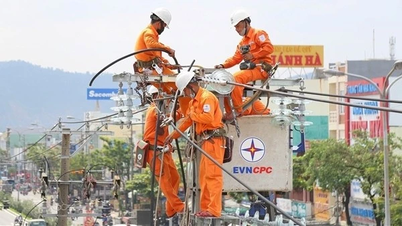
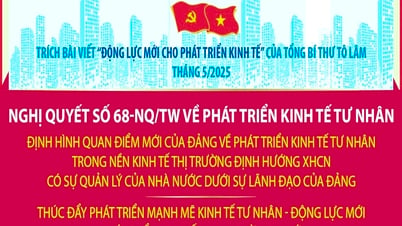
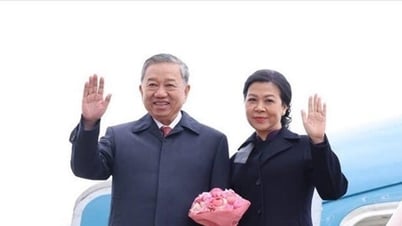
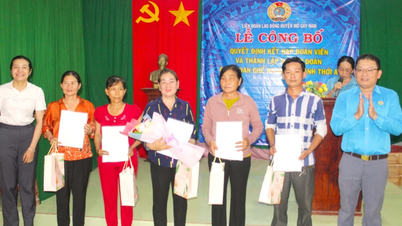

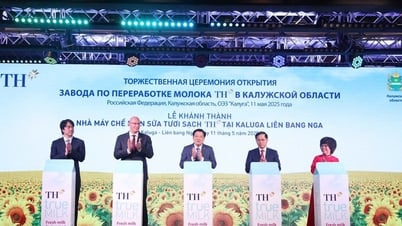




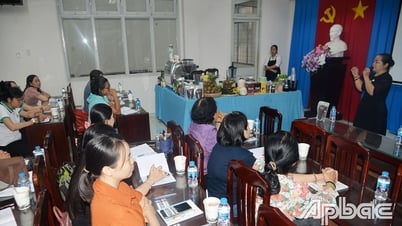
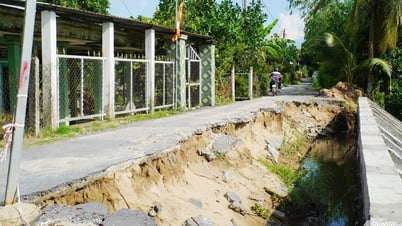
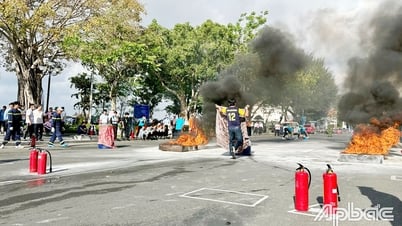
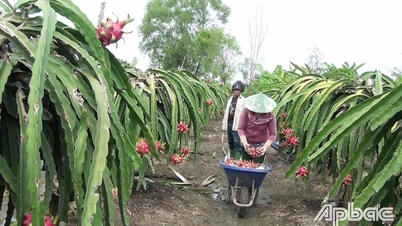
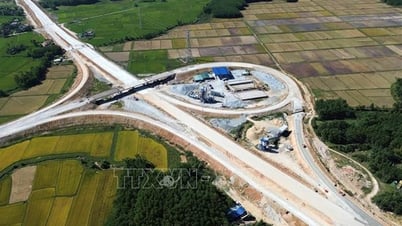


![[Photo] Discover the beautiful scenery of Wulingyuan in Zhangjiajie, China](https://vphoto.vietnam.vn/thumb/1200x675/vietnam/resource/IMAGE/2025/5/11/1207318fb0b0467fb0f5ea4869da5517)






























































Comment (0)